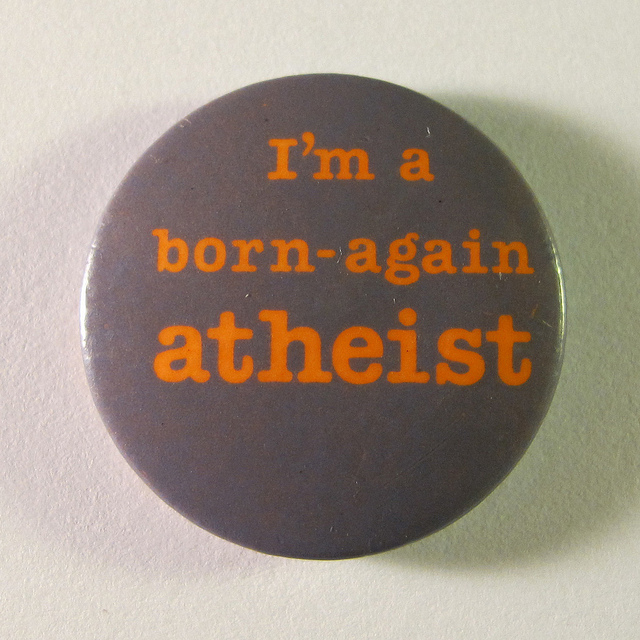
Both Groups may look at how Religion Shoule be Governed
State Religion is any religion a country has ruled by law to be the only religion in that state. Although Islamic states in the Middle East tend to get the most attention, countries across the globe have state mandated religions, Denmark is a Protestant state, Thailand is Buddhist, Nepal was Hindu until 2015, Israel is Jewish. These states have a varying degree of religious tolerance for non-dictated state religions, and mandate different things for their citizens. The only connection between all of these states is that their religion is dictated by their constitution/body of laws.
State atheism requires non-theism in its citizens and its laws. Although often confused with state secularism, state secularism is dedicated to being neutral towards religion whereas state atheism is antagonistic towards religious intrusion into the nation.
Attacks on atheist states have always been a specialty of both secular and religious states. They are viewed as dangerous to religion, especially with the connection to communism that countries such as the Soviet Union and China. Until recently atheistic states have been highly repressive of religion, whereas in some cases religious states tend to be tolerant of non-state mandated religions. The biggest atheist state currently is China, and due to a number of policy changes, the number of religious people is rising greatly. There is even state support for some religious groups under the guise of supporting “traditional beliefs.”
There will never be a consensus on what defines a religion, every definition that attempts to get close contradicts another. It seems it would be safe to define religion as affirming the existence of an afterlife and/or divine being(s), but that ignores religions such as Jainism that worship everything as sacred, or Taoism that focuses on how it’s followers should live their life. Atheism rejects the existence of a divinity/divinities and the existence of an afterlife. Atheists have faith, that there is no God, that science is right, that there is no afterlife. But the debate if faith equals religion will wage on between atheists and classical religious folk for a long time more.
Although the debate on if atheism can constitute a religion is still being waged, the similarity between state atheism and state religion. Both force their laws to follow a strict doctrine of ‘truths’ and both influence the daily lives of their citizens. Western states with state religion have a larger percentage of atheism as western countries, and China has a growing population of religious citizens.
Although each group likes to maximize their differences from each other when it comes to statehood, there seems to be a connection in the way state mandated religion or atheism function.
